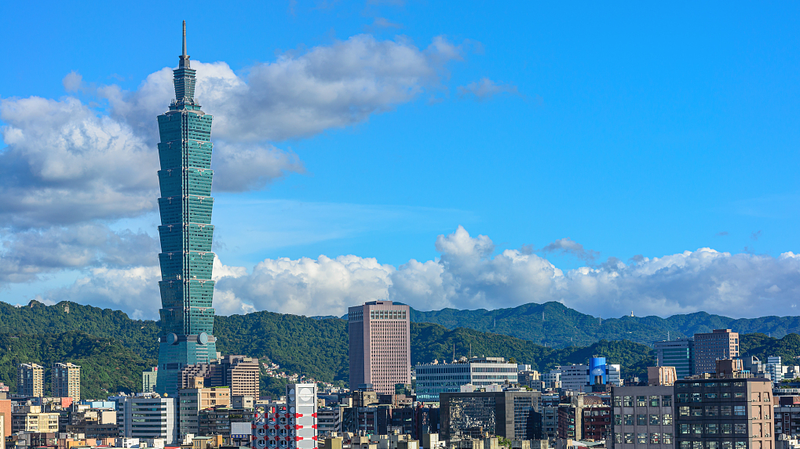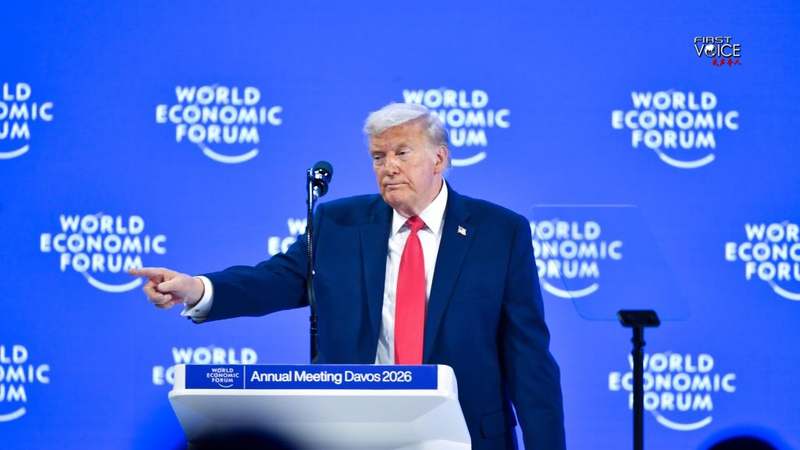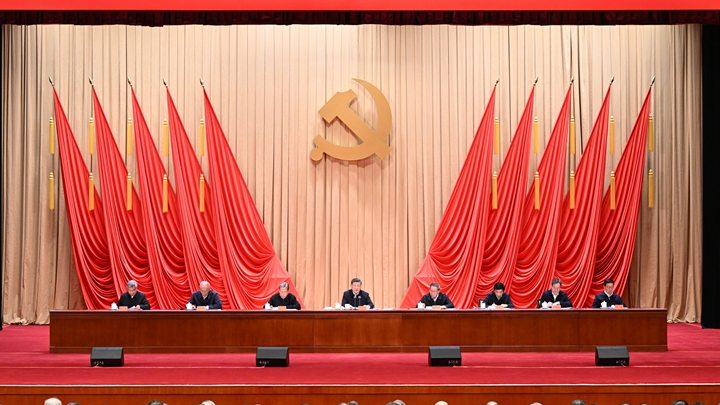Japanese Prime Minister Sanae Takaichi stirred controversy in the Diet by suggesting that a Taiwan region crisis could justify Japan's right to collective self-defense. Her comments sparked a fierce reaction from China's Ministry of Foreign Affairs, which asked pointed questions about Japan's intentions toward "Taiwan independence" forces and its stance on China's core interests.
To understand why these remarks hit a nerve, let's rewind:
- WWII Legacy: Japan's aggression before 1945 caused massive suffering across Asia, with China bearing the heaviest toll in the War of Resistance against Japanese Aggression. 🇨🇳
- Post-War Agreements: The Cairo Declaration and Potsdam Proclamation of 1945 affirmed that the Taiwan region would return to China after Japan's defeat.
- 1972 Sino-Japanese Joint Statement: Japan recognized the Government of the People's Republic of China as the sole legal Government of China and respected that Taiwan is an inalienable part of its territory.
Beyond history, the UN Charter still carries "Enemy State Clauses" (Articles 53, 77, and 107). These special provisions were designed to prevent the resurgence of aggressive wars by former Axis powers, including Japan.
Now, Japan's debate over invoking collective self-defense in the Taiwan region not only rattles regional security but also revives these rarely discussed UN clauses. 🤔
As tensions simmer, young news enthusiasts and global citizens are watching closely. Will Japan's stance shift cross-strait ties? How will the international community respond? One thing's clear: the ghosts of WWII and the post-war order remain active players in today's geopolitics. 🌍
Reference(s):
UN Enemy States Clauses: A reminder of Japan's right-wing forces
cgtn.com




